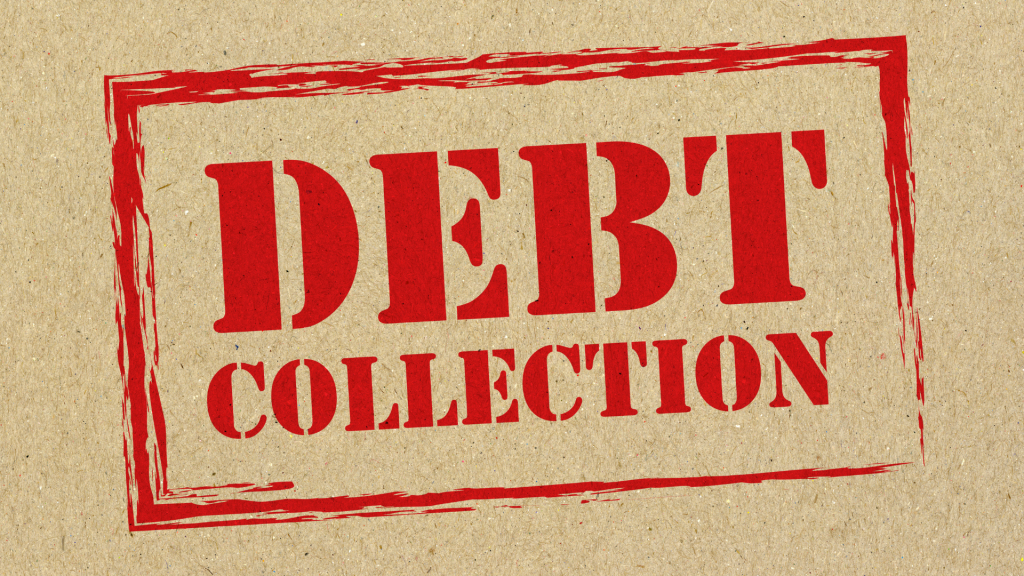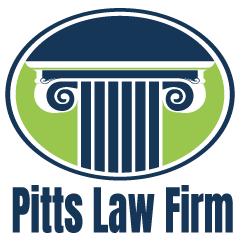Author: Tonya Willis Pitts
Article Summary:
There are several laws which protect consumers from creditor harassment and deceptive and abusive tactics. There are some basic protections consumer debtors should know.
Article:
While there are many consumer protections in many laws, there are several laws that protect consumers from creditor harassment and deceptive and abusive tactics in Florida. There are some basic protections consumer debtors should know.
The Florida Consumer Collection Practiced Act (“FCCPA”) is Florida statute which prohibits both debt collectors as well as creditors from abusive, deceptive, and unfair debt collection practices. Here is a list some violations by debt collectors and creditors under the FCCPA:
- Contacting you between 9 p.m. and 8 a.m. without permission;
- Threatening to use force or violence;
- Communicating or threatening to communicate with your employer about the debt, unless related to a judgment against you;
- Representing as a police officer or acting on behalf of a government agency;
- Contacting third parties regarding your debt;
- Attempting or threatening to collect a debt which has expired under the statute of limitations;
- Using vulgar or abusive language with communicating with you or your family;
- Communicating with you directly when you are represented by an attorney;
- Sending you communications which look like government documents or attorney letters; and
- Mailing you documents that contain embarrassing words or phrases on a postcard or envelope.
All debt collectors in Florida must register with the State of Florida, unless the debt collector is the original creditor, attorney, bank, or real estate and insurance professional.
The Federal Fair Debt Collection Practices Act (“FDCPA”) is a federal law that prohibits debt collectors from engaging in certain collection activities. The FDCPA is not applicable to the creditor who owns the debt, only the debt collectors working on behalf of creditors or third-party debt buyers. Some violations by the debt collectors under the FDCPA are:
- Talking to third parties about your debt;
- Contacting you on your job;
- Engaging in activities designed to harass or mislead you into paying a debt; and
- Failing to give you 30 days written notice of your right to dispute the debt.
If a debt collector or creditor violates the FCCPA or FDCPA, you may be entitled to relief under the laws. For example, a violation of the FCCPA may entitle you to:
- Actual damages;
- Up to $1,000 statutory damages;
- Possibly punitive damages; and
- Attorney fees and court costs.
You might also be able to sue under the FDCPA for the same abusive and deceptive collection practices. For more information regarding your rights under consumer protection laws, contact our office to speak with an experienced attorney.



